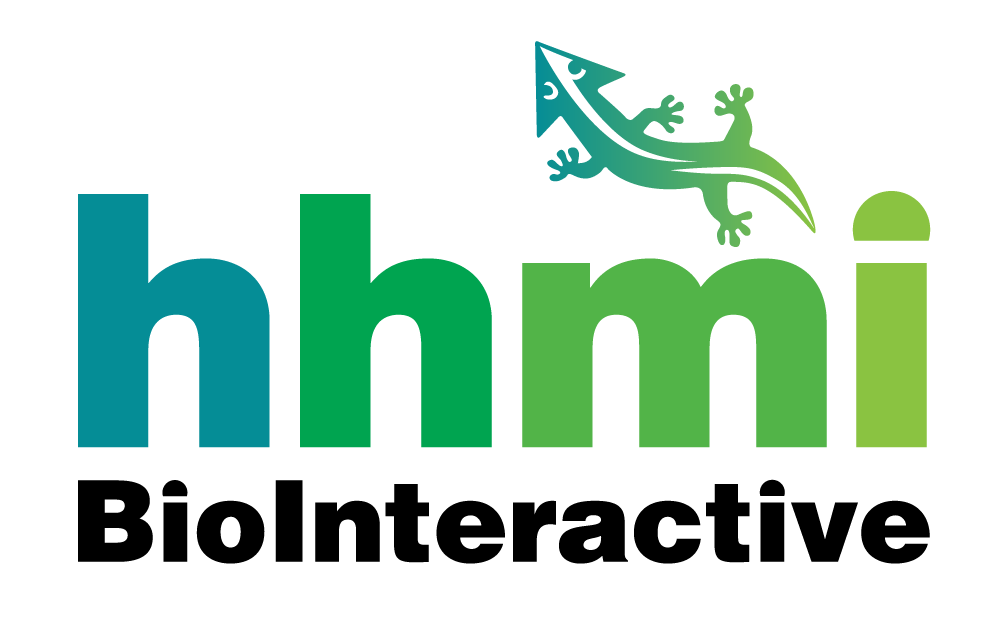Modeling Trophic Interactions in Rice Agriculture: A Jigsaw Approach
Author(s): Fernando Nieto1, Kiersten Nicole Newtoff2, Kristine Grayson3, Emily Nodine4, Brian Robert Shmaefsky5
1. SUNY Old Westbury 2. Montgomery College 3. University of Richmond 4. Rollins College 5. Lone Star College - Kingwood
1208 total view(s), 992 download(s)
1_ModelRiceAgriculture_Fertilizer.docx(DOCX | 165 KB)
2_ModelRiceAgriculture_PredatorPrey.docx(DOCX | 189 KB)
3_ModelRiceAgriculture_PesticideResistance.docx(DOCX | 341 KB)
4_ModelRiceAgriculture_Cultivars.docx(DOCX | 349 KB)
GroupDiscussionQuestionsAdapt1.docx(DOCX | 14 KB)
RiceAgriculture_Model_EducatorMaterials.docx(DOCX | 22 KB)
PredatorPreySimulation.xlsx(XLSX | 74 KB)
- License terms
Description
This activity utilizes the jigsaw collaborative learning technique where students split into one of four Expert groups based on their specific case study (cultivars, pesticide resistance, impacts of fertilizer, and predator-prey relationships). Each case study has a few paragraphs of text taken from primary literature and a data analysis section, which includes graph interpretation and modeling. Students become “experts” on their topic before mixing in groups with other students in their Jigsaw group. Students teach each other the information learned in the Expert groups followed by working collaboratively to answer discussion questions that tie the case studies together.
Cite this work
Researchers should cite this work as follows:
- Nieto, F., Newtoff, K., Grayson, K., Nodine, E., Shmaefsky, B. R. (2019). Modeling Trophic Interactions in Rice Agriculture: A Jigsaw Approach. HHMI BioInteractive FMN (2018), QUBES Educational Resources. doi:10.25334/Q42724
